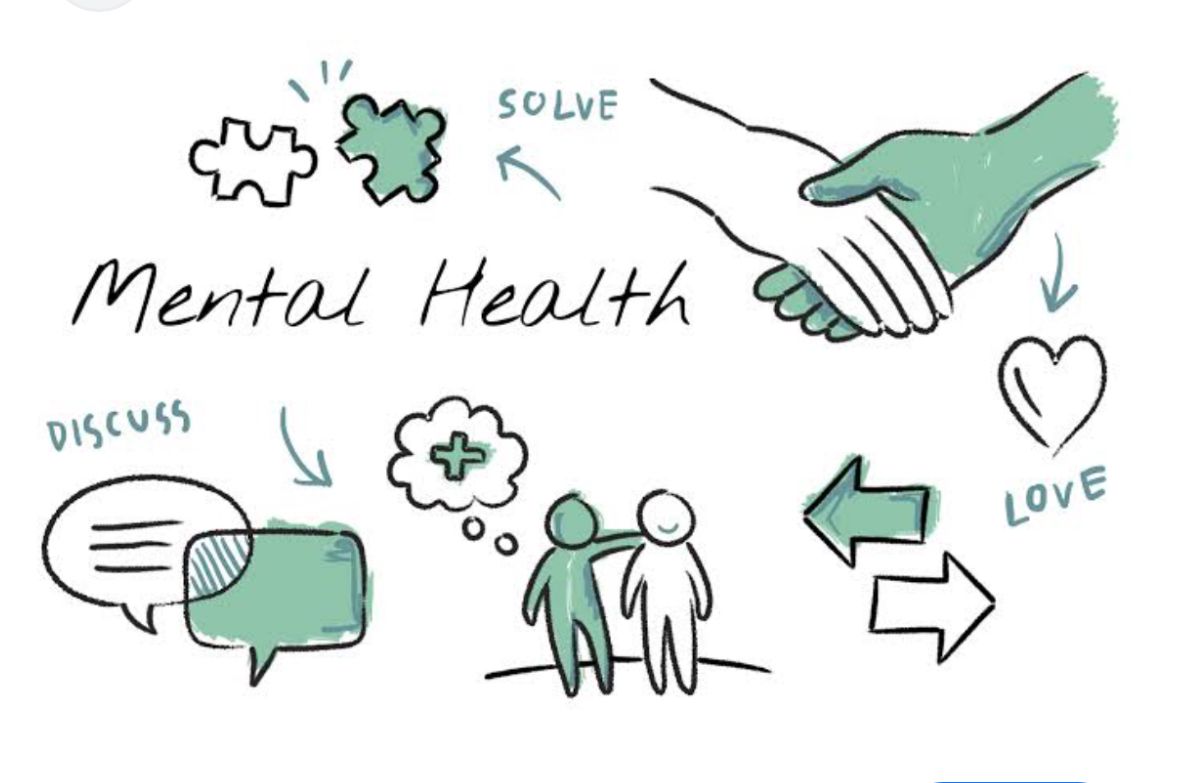Mental health refers to a person’s emotional, psychological, and social well-being. It affects how individuals think, feel, and act, and it helps determine how they handle stress, relate to others, and make choices. Good mental health is essential at every stage of life, from childhood and adolescence through adulthood.

Mental health encompasses a range of conditions, including:
- Mood disorders: such as depression and bipolar disorder.
- Anxiety disorders: such as generalized anxiety disorder, panic disorder, and phobias.
- Psychotic disorders: such as schizophrenia.
- Eating disorders: such as anorexia nervosa and bulimia nervosa.
- Personality disorders: such as borderline personality disorder and antisocial personality disorder.
- Stress-related disorders: such as post-traumatic stress disorder (PTSD).
Maintaining mental health involves balancing daily activities, managing stress, staying physically healthy, building and maintaining relationships, and seeking professional help when necessary. Factors that can affect mental health include genetics, life experiences, family history, and biological factors such as brain chemistry.